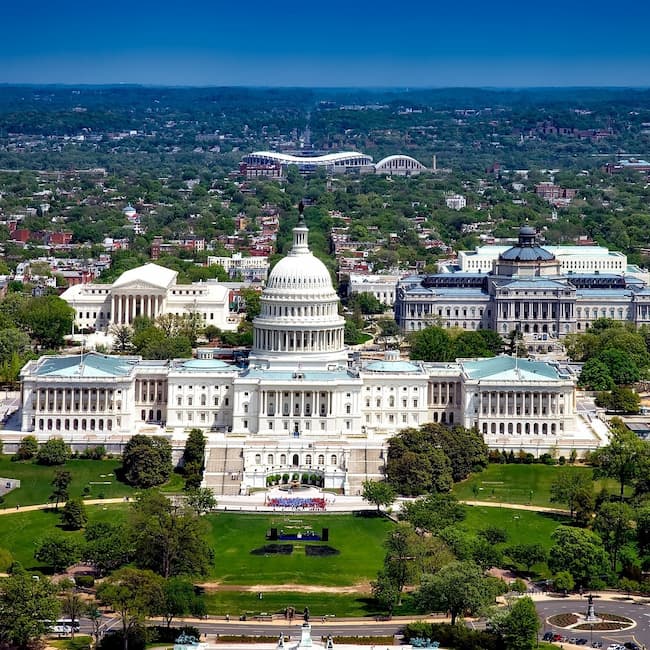Compliance
UBS Reacts To New US Executive Order On AI

The executive order on artificial intelligence – signed by US President Biden – aims to protect innovation, growth and new services against risks.
With AI getting increasing attention in the wealth and banking sector, US President Joe Biden on Monday signed a new AI executive order that directs new government-wide federal standards and policies for the responsible development and use of this emerging technology.
The order will require AI system makers to share model training and safety testing results before public releases, strengthen user and data privacy practices, prevent discrimination, and identify a common framework for how US Federal agencies adopt and procure commercial AI systems. The US State and Commerce departments have been ordered to establish new standards for international AI partnerships. The order also requires AI companies to explain their protective measures to combat espionage, cyberattacks, and digital subversion risks. The US is moving on the technology at a time when policymakers around the world are trying to work out how far to regulate it and protect competition and innovation.
UBS Global Wealth Management said the speed of AI adoption across industries has surprised to the upside, catching some regulators and governments off guard.
With limited progress in Congress on a comprehensive AI bill, UBS thinks that the White House executive order will serve as the primary US regulatory means in the near term, shaping how AI tools are designed, operated, and adopted.
The order comes at a time when US large cap tech shares are already under pressure from elevated government bond yields and geopolitical risks as well as lackluster earnings and guidance. The move followed steps taken earlier this month by the US government to close loopholes and tighten China’s access to advanced AI chip and semiconductor exports, which impacted semiconductor stocks. But while overly onerous government regulation can be a drag on industry, UBS doesn't believe the latest moves will stifle AI innovation. Standardized rules and safety systems can help to accelerate commercial adoption for disruptive tech. "Standardized processes around government and contractor AI adoption should speed up the use of AI copilot and generative tools in the workplace, helping to raise direct AI revenue growth," UBS said in a note.
“Mixed mega-cap tech earnings and guidance, alongside elevated bond yields and geopolitical risks, have weighed on AI beneficiary valuations in recent weeks,” UBS added. With AI demand broadening, UBS thinks that mid-cycle segments such as software and the internet offer an ideal risk-reward within global tech. “We anticipate new AI-enhanced productivity tools, such as co-pilots or generative design tools, will drive adoption in the coming quarters and boost direct AI revenue.Given recent selling pressure on the sector, we think investors considering adding exposure can look to beaten-down AI beneficiaries, such as global semiconductor stocks," UBS continued.
Other financial institutions have responded to AI in wealth management.
“There are a lot of challenges and opportunities out there for investors in wealth management. If wealth managers don’t embrace AI now, they will get left behind,” Eoin Lane, global head of AI at BNY Mellon, said recently highlighting the important role AI will play in wealth management. Benefits of AI range from automating repetitive tasks, providing data-driven advice in specific areas such as portfolio optimisation, risk management and tax analysis.
Lane sees AI as complementing the wealth manager's role, rather than replacing it, helping them to become more efficient. See more here.
Lane is not alone in his views. Annabelle Bryde, managing director and head of UK Private Bank and Crown Dependencies at Barclays Private Bank, also thinks that that AI will play an important role in wealth management. But she believes that AI must be regulated, and this should start sooner rather than later. “Things that are not regulated tend not to end well. There are lots of opportunities out there and we do need regulation to stop people doing the wrong thing,” she said. See more here.